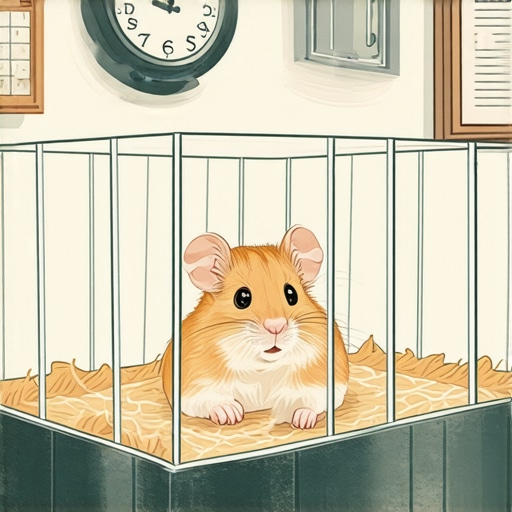Caged Hamster: Why Your 2026 Routine Feels Like a TrapCaged Hamster: Why Your 2026 Routine Feels Like a Trap
The Metaphor of the Modern Grind: Introduction to the Caged Hamster In the rapidly evolving landscape of 2026, many individuals find themselves grappling with a peculiar sensation of stagnation despite



